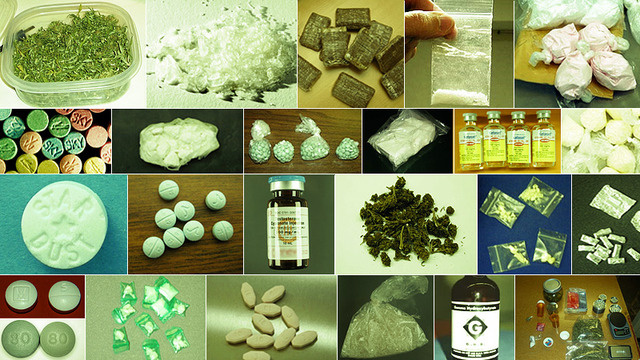An article entitled “buy cocaine online Epidemic Feared As Cocaine Deaths Nearly Double In Florida Over Past 5 Years” was featured on the “Medical News Today” website on October 21, 2006. Not surprisingly, the information contained in this article was quite disconcerting. For instance, one of the key points in the article was that cocaine use is on the rise among college students with disposable income and also among high-profile celebrities. Perhaps of more importance, however, are two facts that are associated with the escalation in cocaine use: the increased cocaine-related emergency room visits and the rising cocaine-related fatalities. In fact, according to Florida drug authorities, cocaine-related deaths in Florida have almost doubled from 2000 to 2005.
Why do various individuals use cocaine? Cocaine gives a person a feeling of euphoria, energy, and at times, an unbelievable, almost superhuman sense of control and mastery. For instance, some people who have taken cocaine have been known to leap out of windows or off rooftops, thinking that they could fly or that they could jump dozens of feet without getting injured. There is, however, a physiological reason why people continue to use cocaine after their first encounter.
Cocaine exhausts the “feel-good” neurotransmitter dopamine, thus causing a need for even more use. In short, and from a physiological perspective, cocaine use perpetuates more cocaine use. To gain a better understanding of the ultimate danger inherent in cocaine use, namely death, one needs to focus on the timeframe regarding its life-threatening effects. To accomplish this, cocaine use will be compared with prescription drug abuse.
The abuse of prescription drugs such as Oxycontin, Vicodin, and Adderall can trigger abrupt cardiac or respiratory arrest at the time of abuse. Thus the critical and fatal timeframe when abusing prescription drugs is mostly “short-term.” Conversely, due to the snowballing effects of cocaine, especially regarding the blood vessel damage that increases the risk of stroke or heart attack as a person ages, users can suddenly die years after their cocaine abuse started. Therefore, the critical and fatal timeframe for cocaine use, unlike the same measure for prescription drug abuse, is typically “long term.”
Why is cocaine use increasing? One of the reasons is that celebrities who are addicted to cocaine have become “walking cocaine advertisements” and, as a result, have been able to adversely influence others, such as students, who have access to relatively large amounts of disposable income.
Florida drug experts stress that additional drug education and intervention need to take place in schools, colleges, and in local communities nationwide to help prevent a full-blown cocaine epidemic. I agree, but to be effective, I assert that the intervention and educational strategy has to include facts that challenge the lifestyles of the cocaine-using celebrities. Let me explain. Students need to be aware that they are observing a “snapshot in time” that does not reveal “the rest of the story” as Paul Harvey would say. Stated differently, college students who are impressed by cocaine-using high rollers need to learn how to see through the VIPs’ facade and realize that they are getting “sold” faulty goods by the cocaine-using rich and famous.
Many celebrities are at or approaching middle age. As a result, most, if not all, of the high-profile chronic cocaine have learned first-hand about the consequences of their drug-related lifestyles. On the other hand, most “traditional” college students are either teenagers or very young adults. Due to the cumulative effects of cocaine use, however, college students who continue to use cocaine are essentially playing Russian roulette with their near and long-term future.
